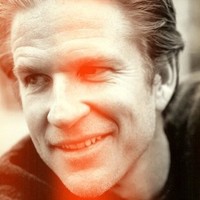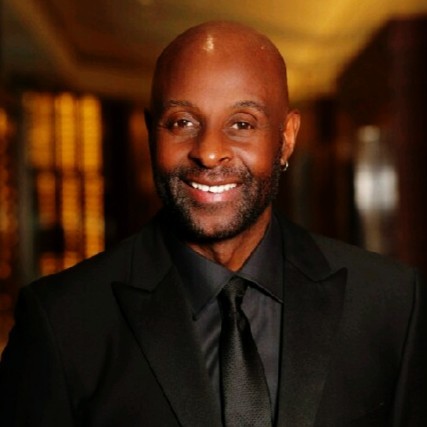David Byron's Email Addresses
Find personal and work emails for over 300M professionals
Not the David Byron you were looking for? Continue your search below:About David Byron
📖 Summary
David Byron, born David Garrick, was a British singer and songwriter best known as the lead vocalist of the legendary rock band Uriah Heep. With his powerful and soulful voice, Byron made a significant impact on the rock music scene in the 1970s, earning a dedicated fan base and leaving a lasting legacy in the industry.
Byron's journey in the music industry began in the mid-1960s when he joined the band The Stalkers, which later became Spice. It was during this time that he adopted the stage name David Byron, paying homage to the famous poet Lord Byron. In 1969, Byron caught the attention of Mick Box, the guitarist of Uriah Heep, and was invited to audition for the band. Impressed by his vocal prowess and magnetic stage presence, the band quickly offered him the position of lead vocalist, marking the beginning of a successful partnership.
As the frontman of Uriah Heep, Byron's vocals and charismatic persona played a pivotal role in shaping the band's sound and identity. His dynamic vocal range and emotive delivery added depth and dimension to the band's music, contributing to their distinctive and innovative style. Known for his flamboyant stage presence and electrifying performances, Byron captivated audiences with his commanding presence and electrifying energy, making him a standout figure in the rock music landscape.
One of Byron's most notable contributions to Uriah Heep was his performance on the band's critically acclaimed album "Demons and Wizards." Released in 1972, the album showcased Byron's exceptional vocal abilities and effortless ability to convey emotion through his singing. Tracks like "Easy Livin'" and "The Wizard" became iconic songs that showcased Byron's vocal prowess and solidified his status as a rock icon.
Despite the success and recognition he garnered with Uriah Heep, Byron's time with the band was marked by internal conflicts and personal struggles. His flamboyant lifestyle and substance abuse issues began to take a toll on his health and professional relationships, ultimately leading to his departure from the band in 1976. Despite the challenges he faced, Byron's impact on Uriah Heep and the rock music scene as a whole remained undeniable, and his legacy continued to inspire generations of music enthusiasts and aspiring artists.
Following his departure from Uriah Heep, Byron pursued a solo career, releasing two studio albums, "Take No Prisoners" (1975) and "Baby Faced Killer" (1978). These albums showcased Byron's versatility as an artist and allowed him to explore a more personal and introspective approach to his music. His solo work was well-received by fans and critics alike, further cementing his reputation as a formidable talent in the rock music genre.
Tragically, Byron's life and career were cut short when he passed away in 1985 at the age of 38. His untimely death was a devastating loss for the music community, leaving behind a void that could never be filled. Despite the brevity of his time in the spotlight, Byron's impact on rock music and his enduring legacy as a powerhouse vocalist continued to resonate with fans and fellow musicians, ensuring that his contributions would never be forgotten.
In conclusion, David Byron's legacy as a singer and frontman transcends his untimely departure from the music scene. His powerful vocals, captivating stage presence, and enduring impact on rock music have solidified his status as an iconic figure in the genre. Byron's contributions to Uriah Heep, as well as his solo work, continue to inspire and influence artists, serving as a testament to his enduring legacy. Though he may be gone, his indelible mark on the music industry will forever remain, ensuring that his name and talent will never be forgotten.
Frequently Asked Questions about David Byron
What happened to David Byron?
Byron died of alcohol-related complications, including liver disease and seizures, at his home in Berkshire on 28 February 1985.
What happened to the original lead singer for Uriah Heep?
John Lawton, the rock and blues vocalist known for his stint as the lead singer of British rock band Uriah Heep in the 1970s, has died. He was 74. According to a statement from the band posted to Facebook, Lawton died unexpectedly on June 29.Jul 6, 2021
How many original members of Uriah Heep are still alive?
Their current lineup consists of guitarist Mick Box, keyboardist Phil Lanzon, lead vocalist Bernie Shaw, drummer Russell Gilbrook, and bassist Dave Rimmer. They have experienced numerous lineup changes throughout their 54-year career, leaving Box as the only remaining original member.
David Byron's Email Addresses
People you may be
interested in
American singer-songwriter and multi-instrumentalist
American actor and comedian
American actor
American basketball player
Author
American basketball point guard
Explorer
Indian actress and film producer
American songwriter and record producer
YouTuber
Singer
American actress and singer







